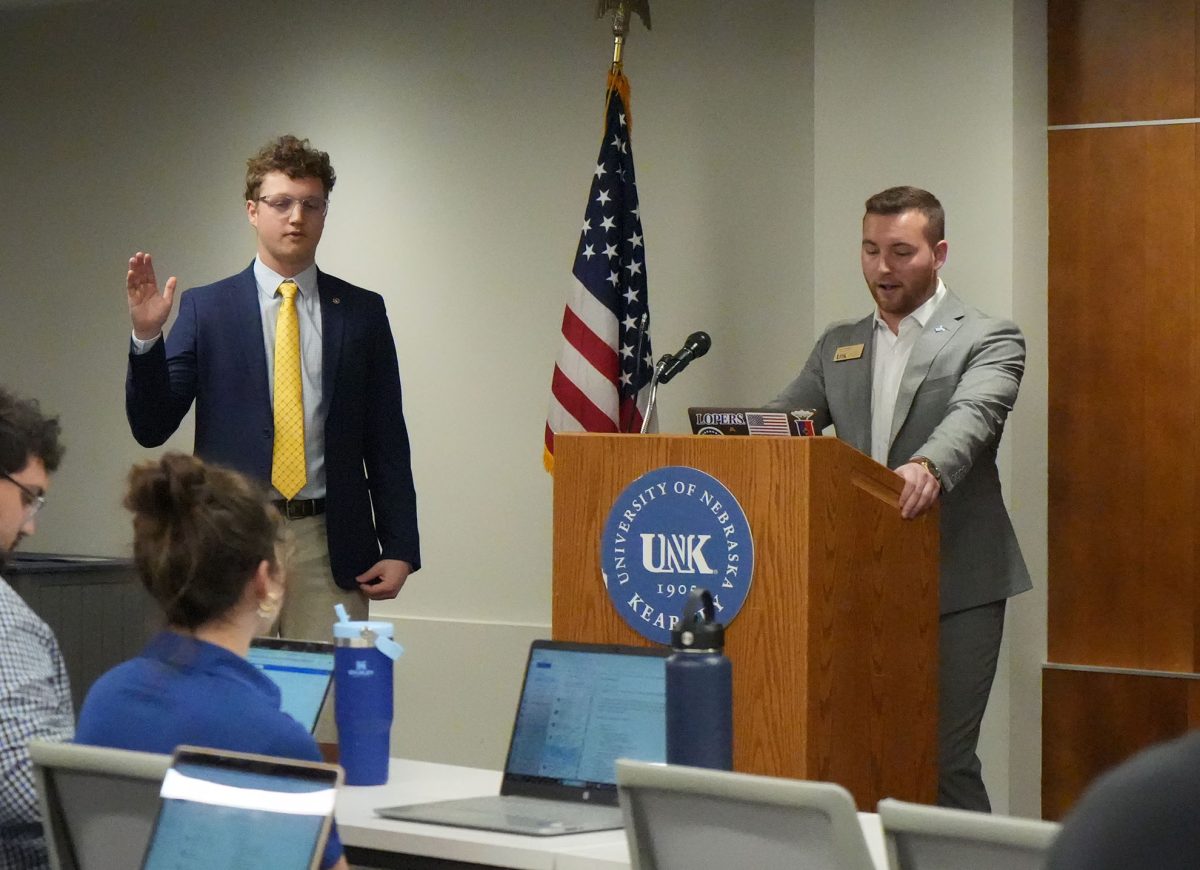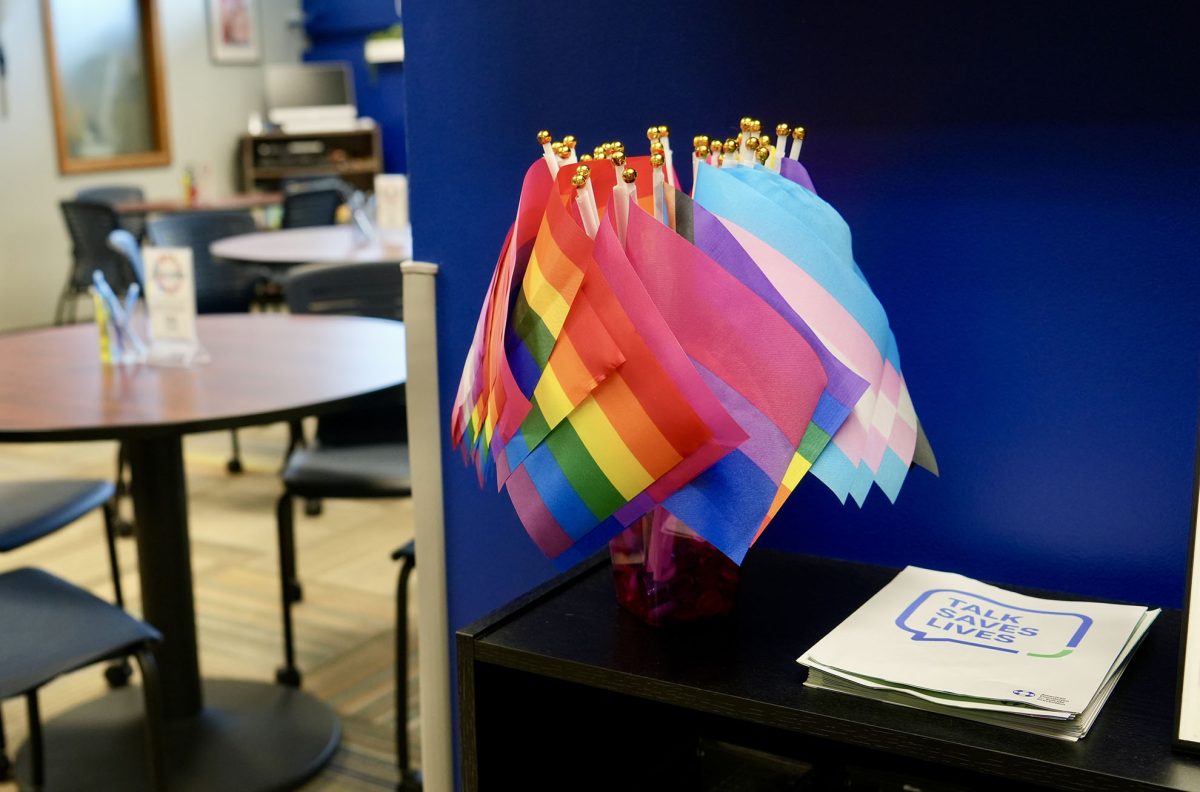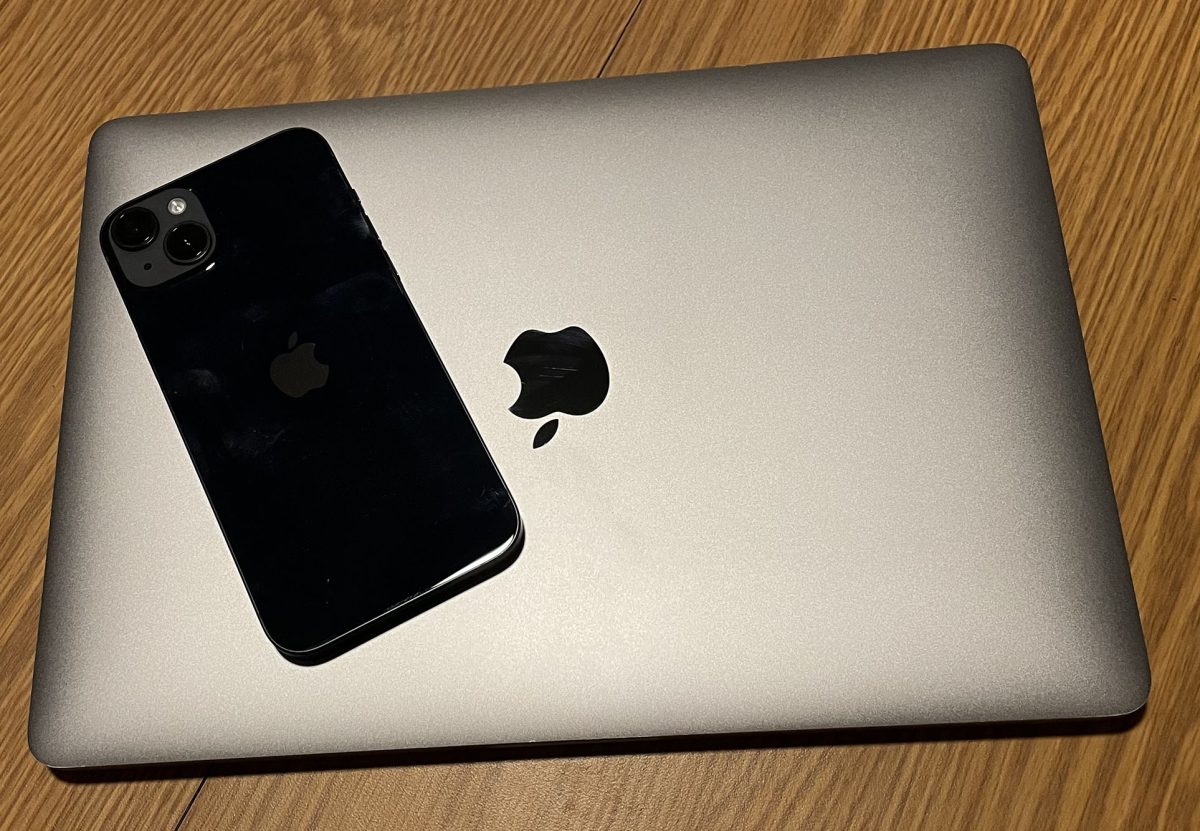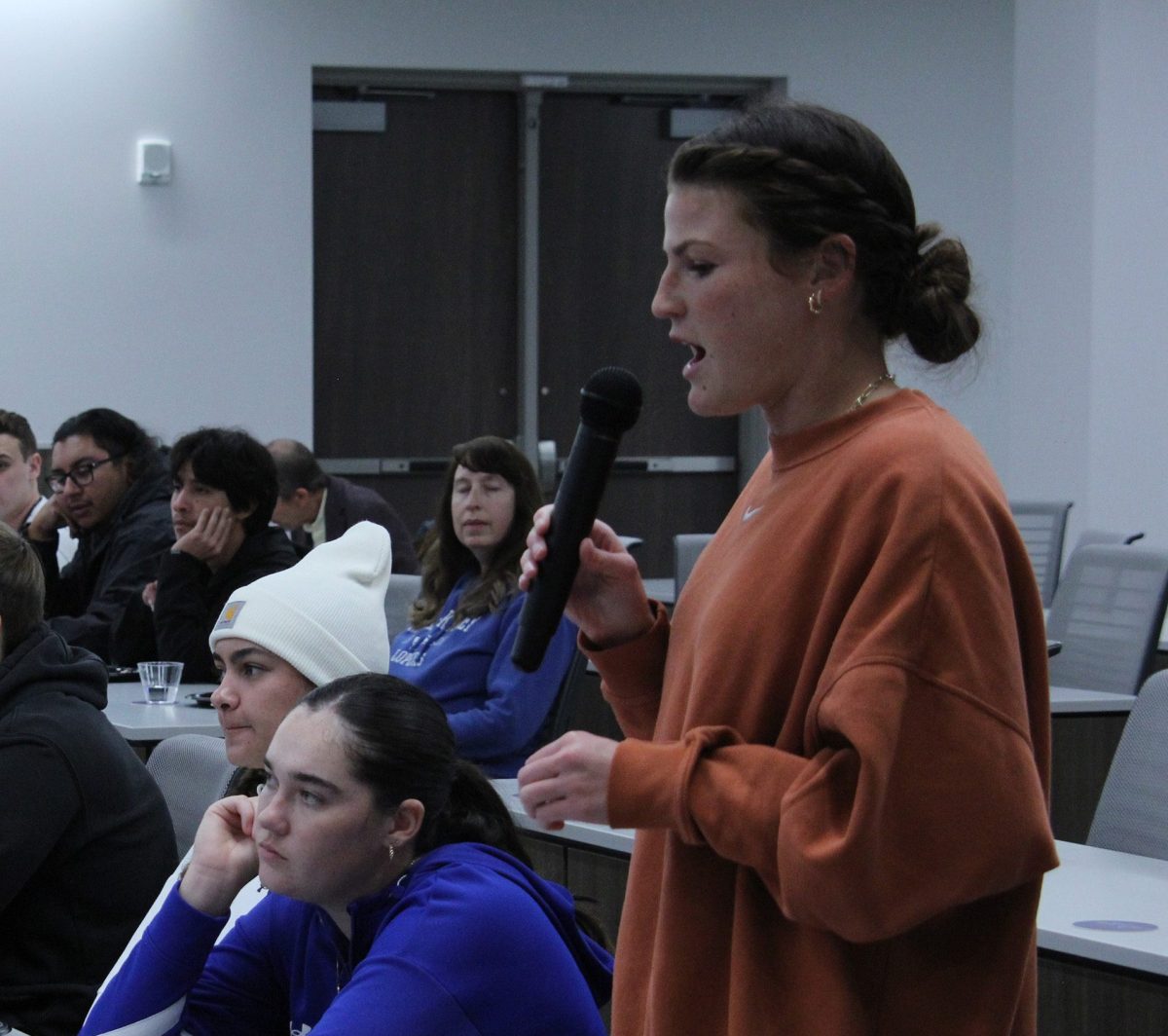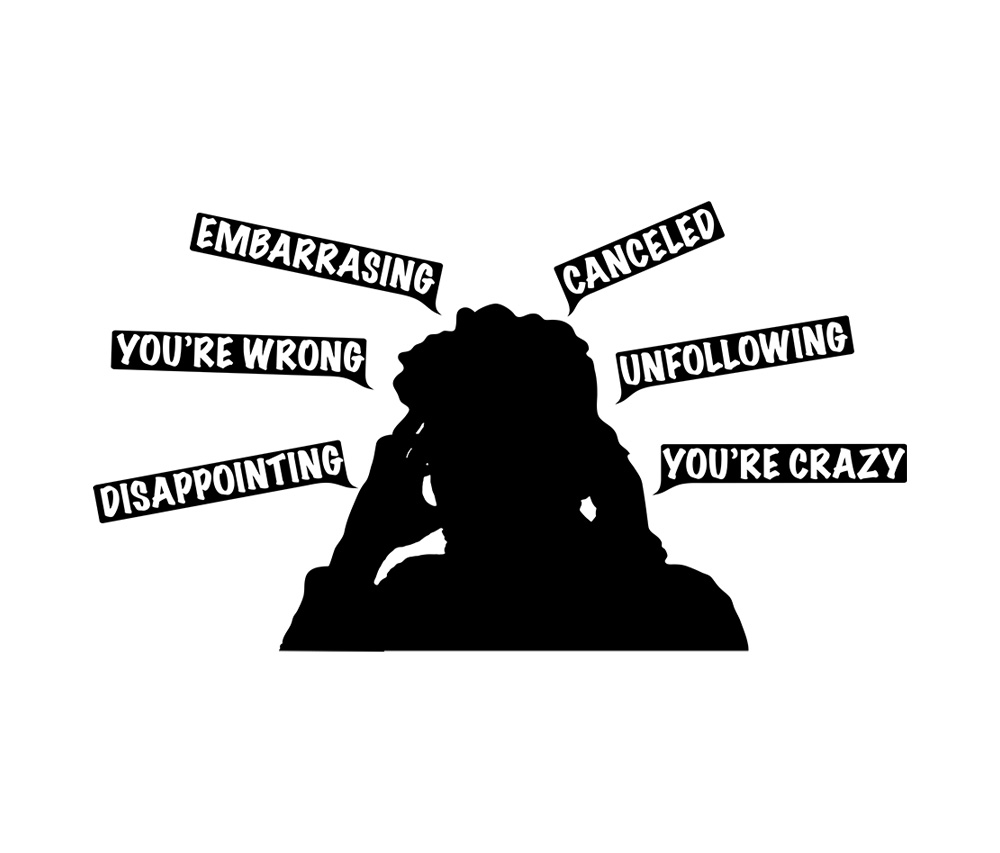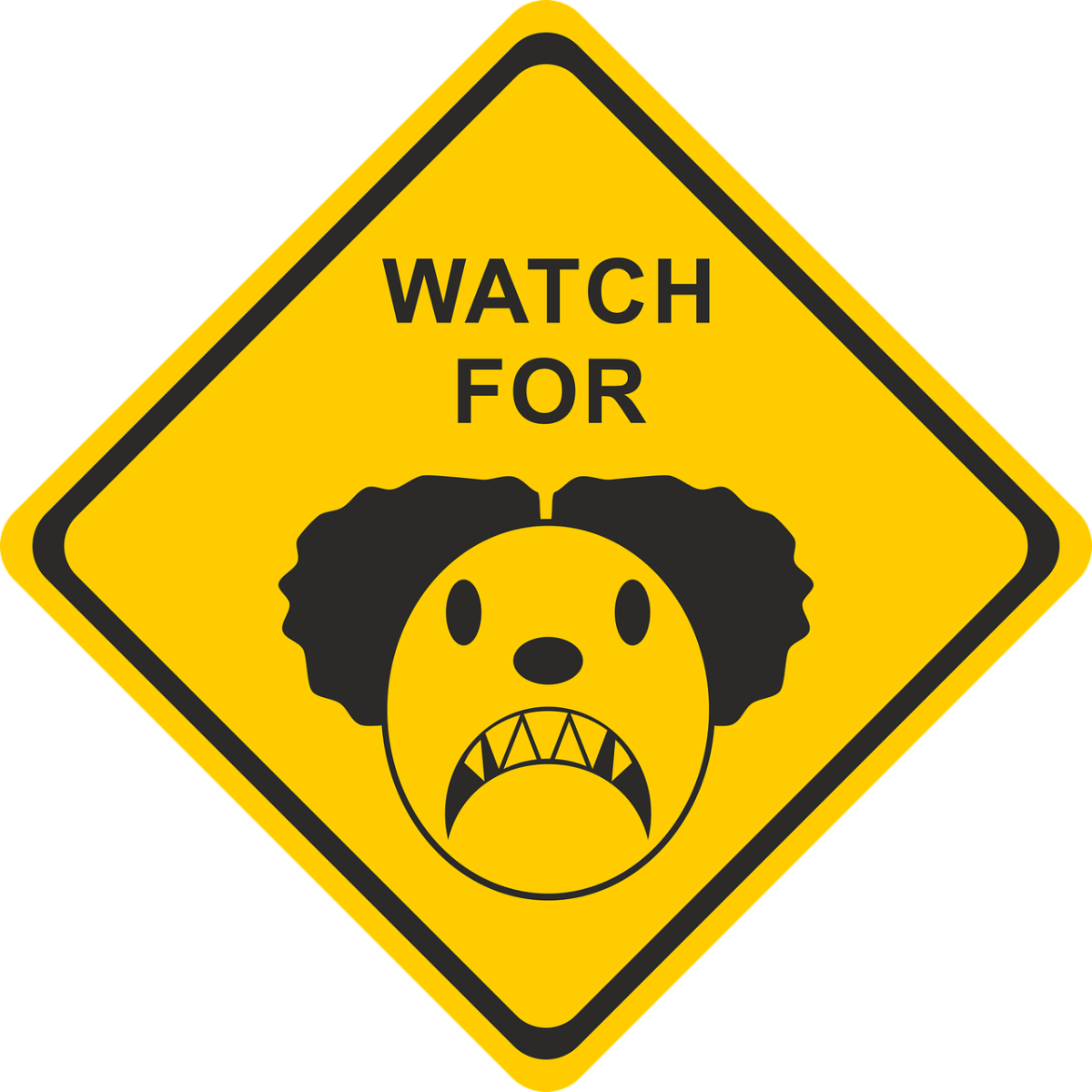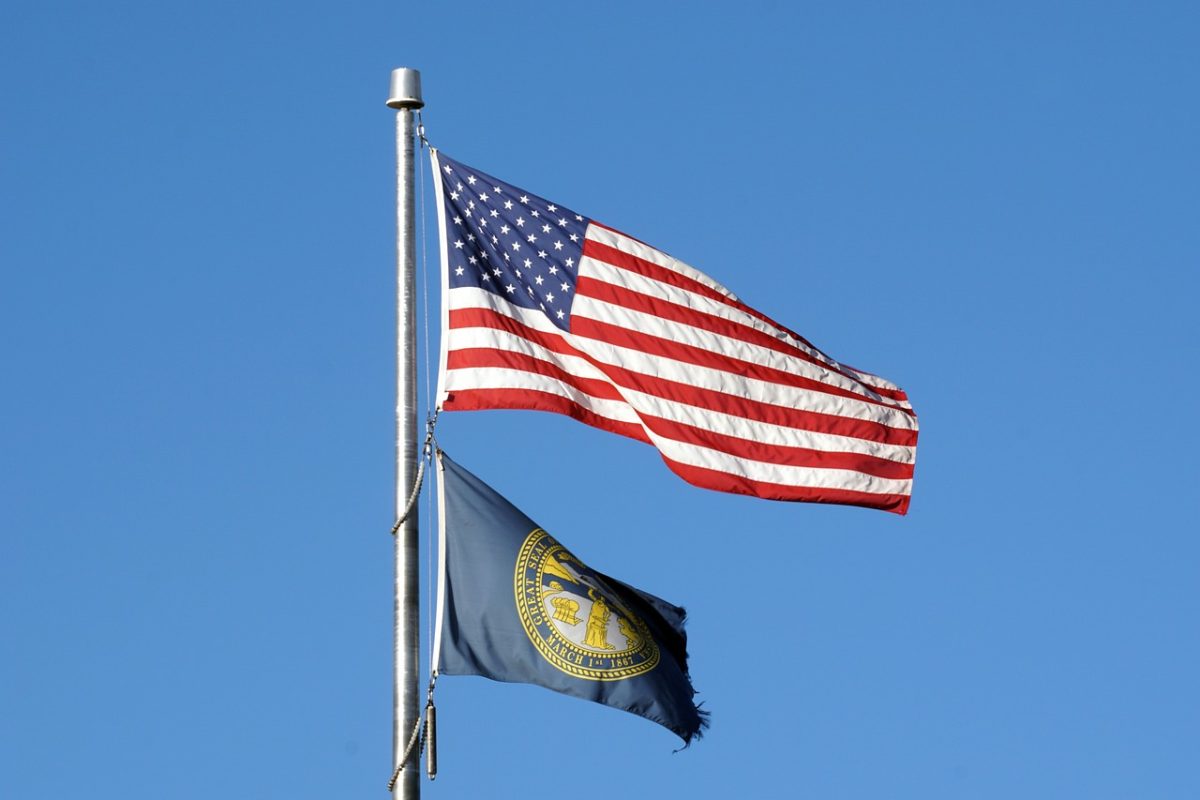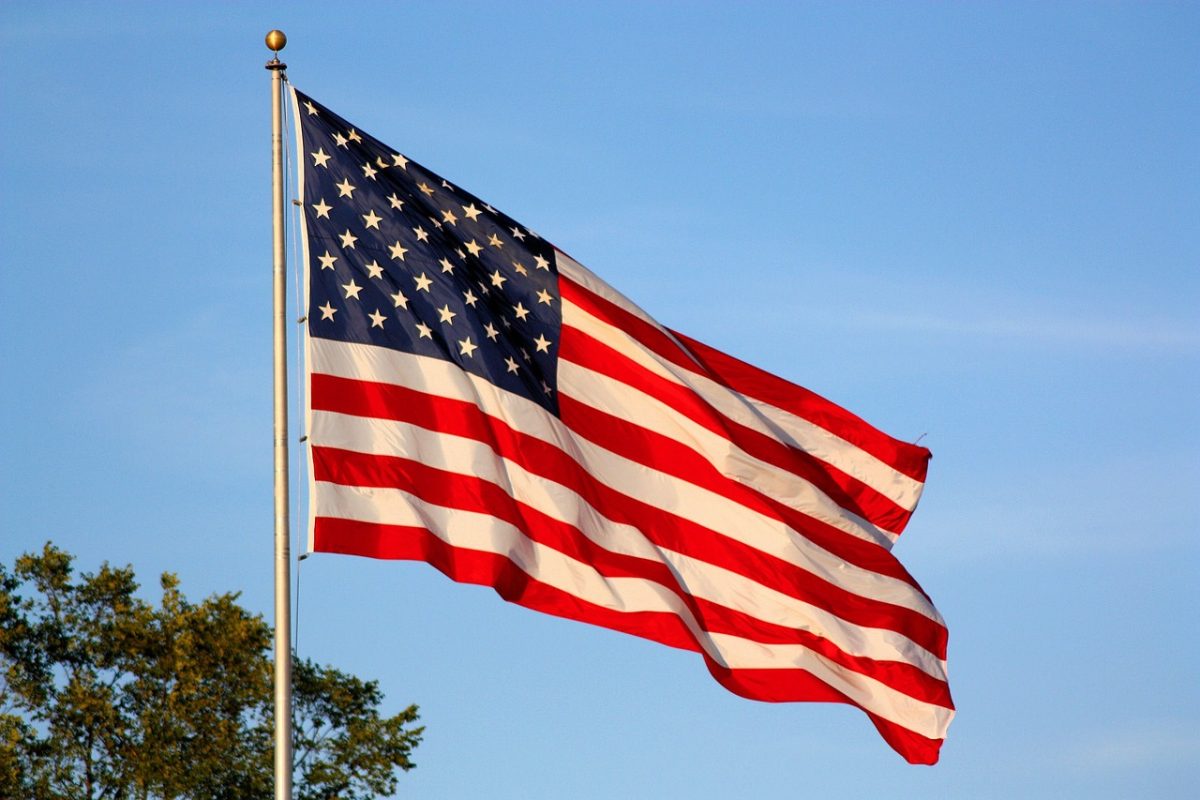In recent months, the potential ban of TikTok has become a hot-button issue in the U.S. The popular video-sharing app, owned by the Chinese company ByteDance, has faced troubles over national security concerns.
Lawmakers argue that TikTok’s data collection could be a backdoor for the Chinese government to access American user data.
But is banning TikTok the solution, or is this an overreach threatening free speech and stifling cultural expression? On one hand, privacy concerns are legitimate. TikTok collects vast amounts of personal data, from location information to scrolling habits. Because a Chinese company owns the app, it’s not unreasonable to worry that the Chinese government could access this data.
On the other hand, the potential ban raises serious questions about censorship and government overreach. TikTok isn’t the only app that collects user data, yet it seems to be singled out for its foreign ownership.
If the U.S. government can ban an app based on national security, where does that leave other platforms like Facebook or Instagram, which also collect personal information but are owned by American companies?
TikTok has become a cultural force, especially in younger generations. For many, the app is more than just a platform for short videos – it’s a space for creativity, activism and community-building.
TikTok’s influence has led to the creation of new job categories that didn’t exist just a few years ago. Social media managers, video editors and marketing consultants are just a few of the roles that have sprung up from TikTok content.
Many small businesses also rely on TikTok for marketing and promotion. They hire individuals or agencies to help create engaging content that resonates with the platform’s user base.
This has resulted in a boom for digital marketing agencies, freelance videographers and other professionals specializing in short-form video content.
In addition to individuals, companies themselves are benefiting from TikTok’s ability to drive sales and increase brand visibility. Brands both large and small have used TikTok’s algorithm-driven viral trends to reach millions of potential customers with relatively little investment.
For example, products that gain traction through TikTok trends such as beauty products, gadgets and clothing often experience a significant sales boost.
These viral marketing successes have created jobs in product development, supply chain management and retail sectors as companies scale up production to meet increased demand.
Banning the app could set a dangerous precedent for restricting access to digital spaces, particularly for younger Americans who have embraced it as a central part of their social lives.
Instead of a ban, lawmakers should focus on creating stronger data protection laws. That way it holds all social media platforms accountable regardless of where they’re based. It’s time for a balanced approach to digital privacy that doesn’t sacrifice freedom of expression for security risks.
On January 19, 2025, TikTok experienced a brief shutdown in the U.S. for only 13 hours sparking confusion and panic among users. While the reason behind the shutdown has not been officially clarified, it added to the growing uncertainty over TikTok’s future. The app is now on a 90-day extension and is no longer available in the app store until a non-Chinese buyer purchases the app.


